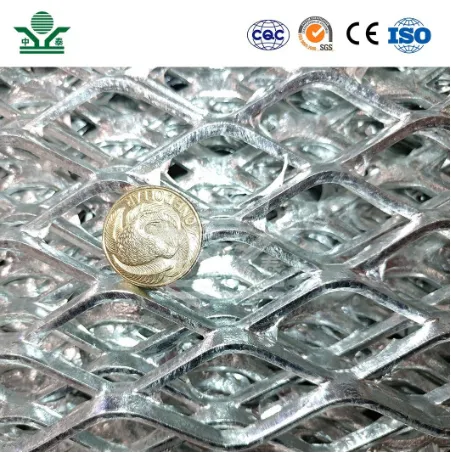The Importance of Barbed Wire Fences on Farms
When envisioning a farm, one often conjures images of sprawling fields, grazing livestock, and rustic barns. However, a critical yet often overlooked aspect of farm management is the effective use of fencing, particularly barbed wire fences. Barbed wire has been a staple in agricultural practices for over a century, providing farmers with numerous benefits that extend beyond mere boundaries.
Security and Safety
At the heart of the utility of barbed wire fencing is security. Farms are significant investments, housing valuable livestock, equipment, and crops. A well-constructed barbed wire fence acts as a deterrent against intruders, ensuring that only authorized personnel can access the property. This not only protects assets but also keeps livestock safe from potential theft or harm caused by wild animals. Furthermore, it prevents farm animals from wandering off into roads or neighboring properties, reducing the risk of accidents or conflicts with neighbors.
Cost-Effectiveness and Durability
Barbed wire fencing is known for being one of the most cost-effective fencing options available. Compared to alternatives like wooden or vinyl fences, barbed wire requires less material and is quicker to install. This can lead to substantial savings in both time and labor for farmers. Moreover, when properly maintained, barbed wire fences are remarkably durable and can withstand harsh weather conditions. The resilience of barbed wire makes it an attractive choice for farmers operating in regions prone to heavy winds, rain, or other environmental challenges.
Versatility in Use
farm barbed wire fence

Barbed wire fencing is incredibly versatile and can serve various purposes on a farm. It is commonly used to delineate property lines and keep livestock within designated areas. This is essential for rotational grazing practices, as it helps manage pasture growth and ensures that animals have access to fresh grass. Additionally, barbed wire can be effectively employed in confinement systems for livestock during specific seasons or in cases of illness.
Farms often have different sections—crop areas, animal enclosures, and machinery storage. Barbed wire provides a flexible solution to segregate these areas, enhancing organization and operational efficiency. With the right spacing and number of strands, a farmer can tailor the fencing to meet specific needs, whether it be for cattle, sheep, or other farm animals.
Environmental Considerations
In recent years, there has been a growing awareness of sustainable farming practices. Barbed wire fences, when installed correctly, can contribute to these efforts by encouraging the regeneration of native flora and fauna. By carefully planning grazing patterns alongside existing barbed wire fences, farmers can promote biodiversity and reduce the impact of overgrazing. This method helps maintain healthy ecosystems and ensures that land remains productive for future generations.
Conclusion
In conclusion, barbed wire fences are an integral part of modern farming practices. Their ability to secure property, their cost-effectiveness, and their versatility in use make them invaluable assets to farmers. Beyond practical purposes, they also play a role in promoting sustainable agricultural practices. As farming continues to evolve, barbed wire fencing will undoubtedly remain a trusted tool for those dedicated to cultivating the land. For farmers, investing in quality barbed wire fences is not just about enclosure; it’s about laying down the foundation for a thriving agricultural operation that respects both land and livestock.
-
The Strength and Versatility of Aluminum Expanded Metal Mesh
NewsJun.10,2025
-
Safety Guards and Machine Enclosures Using Expanded Mesh
NewsJun.10,2025
-
Performance with Round Hole Perforated Mesh in Wall Panels
NewsJun.10,2025
-
How Steel Grating Trench Covers Distribute Weight Efficiently
NewsJun.10,2025
-
How Deck Mesh Railing Enhances Backyard Aesthetics
NewsJun.10,2025
-
Comparing Bar Thickness and Spacing in Steel Grating
NewsJun.10,2025
Subscribe now!
Stay up to date with the latest on Fry Steeland industry news.

